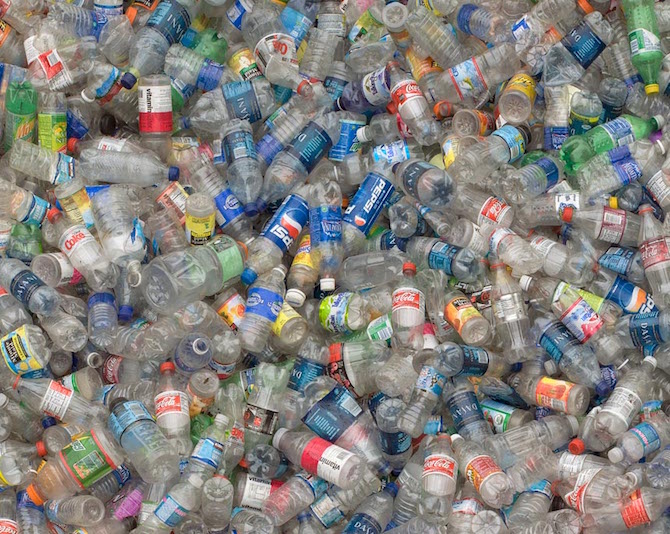
NASA astronaut Sunita Williams, aboard the International Space Station (ISS), is leading an innovative agricultural experiment. She is growing “Outredgeous” romaine lettuce in microgravity, a study that promises significant benefits for space missions and Earth-based agriculture.
The experiment, known as Plant Habitat-07, is designed to explore how varying levels of water availability influence plant growth in space.
Its primary objectives are optimising plant cultivation techniques for deep-space missions and developing sustainable farming solutions for water-scarce regions on Earth.
This study involves analysing growth rates, nutritional content, and the overall health of lettuce grown in microgravity. By addressing these parameters, the research aims to support NASA’s goal of establishing self-sustaining life-support systems for space exploration. As the lead scientist, Williams has set up the experiment by collecting baseline water samples from the Advanced Plant Habitat’s distribution reservoir and installing the Plant Habitat-07 science carrier, which serves as the cultivation chamber for the lettuce.
The implications of this lettuce experiment extend beyond space exploration. For space missions, the research helps reduce reliance on costly resupply missions, ensures astronauts have access to fresh food, and boosts their psychological well-being by allowing them to grow and eat fresh produce. On Earth, the findings could inform water-efficient farming practices in drought-prone areas, improve crop yields with fewer resources, and promote sustainable food production worldwide.
NASA’s plant experiments in space have evolved over time, and the Advanced Plant Habitat aboard the ISS provides an advanced platform for these studies.





Be the first to comment